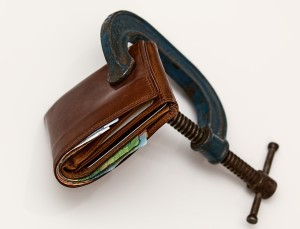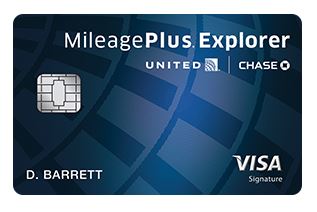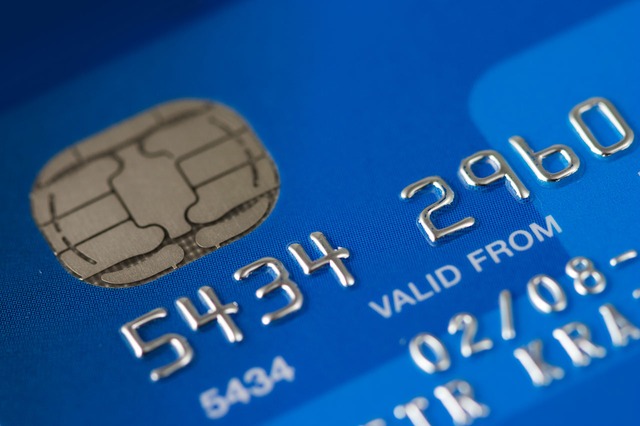
10 Strategies to Increase Your Credit Score in 2016
Do you have big travel plans next year and want to apply for credit cards that offer rewards to help you get there for free? Or is 2016 the year you plan to become a homeowner? Then now is the time to spruce up your credit score. Here are 10 strategies you can use to get instant approvals on those rewards cards or the lowest possible rate on your mortgage.
 Check for Errors on Your Credit Report
Check for Errors on Your Credit Report
The first step to a better credit score is knowing what’s in your credit report. There are three companies that report on your credit: Equifax, Experian, and Transunion. Visit annualcreditreport.com for more information on obtaining free reports from each one. Checking your credit report regularly for errors will help protect you against identity theft and fraud. Refer to this FTC article on disputing credit reports if you see any errors.
Use Auto Pay
We all have a lot going on in our lives, particularly at this time of year. Forgetting to pay a bill can be a costly event. Set up an online account and enroll in auto-pay for every recurring payment you have. Your mortgage, credit card statements, cell phone and cable bills, etc. can all likely be paid this way. If not, then use an online banking scheduler that comes free with many checking accounts. The ultimate goal is to never miss a payment, because that’s the largest driver of your credit score.
Pay Down Credit Card Debt
Simply put: banks don’t like if you max out your credit cards every month, so FICO reflects that in its scoring. No matter how many cards you have, keeping your statement balances below 20% of your overall credit limit will go a long way to raising your score.
Prioritize New Credit Card Applications
We know, it can be SO tempting when you’re at that cash register ringing up your purchases, and the smiling sales clerk says, “Would you like to save 15% today by opening an account with us?” Well, who wouldn’t? But think carefully before you add more plastic to your wallet. Every time you apply for a new credit card, your credit history is pulled, and too many pulls are not a good thing. Make sure you really want that card before applying.
Leverage Someone Else’s Good Credit Score
This is a helpful strategy for someone who is just starting out with no credit history. If you have a family member or friend with good credit, ask if they can add you as an authorized user on their credit card account. If it’s an older established card with a high credit limit, that would help as well. That account will show up on your credit report and should gradually lift your score.
Pay Your Credit Card Balance Before You Get the Bill
If you are in a financial position where you are paying your credit card bills in full each month, here’s a great strategy to follow: the major credit card companies report your total current balance (not your individual transactions) to the credit bureaus typically once each month, at the same time your statement hits. So here’s the trick: pay down your credit card balance to NEAR ZERO a couple days BEFORE your statement date. You may have run up a big balance during the month, but the reporting bureaus will never know. All they’ll see is a low balance, because you already paid it down.
Use All of Your Credit Cards
Maxing out your credit cards every month is bad for your score. Surprisingly, having credit cards but never using them isn’t particularly good either. Lenders want to see that you’re actually using your credit, but doing it wisely. So dust the cobwebs off that old credit card and use it periodically.
Ask for an Increase to Your Credit Limit
A large portion of your credit score is based on what percentage of your credit limit you utilize each month (less is better). Increasing your limit makes that utilization percentage lower. If you’re a good customer, simply call the number on the back of your credit card and ask if a credit limit increase is available to you.
Get a Secured Credit Card
If your score is so low that you can’t get approved for any credit, a secured credit card can help you begin to build a good history. Secured cards require a cash deposit in advance, which makes them less risky for credit card companies to issue. For that reason, they’re much easier to get approved for.
 Put Away Your Credit Cards for a While
Put Away Your Credit Cards for a While
A low credit score is symptomatic of poor financial habits–habits that can cost you in future borrowing costs, and in exorbitant interest you may be paying on your monthly credit card bills. If you’re constantly at your borrowing limit, it’s time to put those credit cards in a drawer so you can focus on reducing your balance.
While a single missed payment can cause your credit score to plummet quickly, increasing your score is a gradual process. Implementing appropriate strategies from the list above should result in a higher score in just a few months. Here’s to instant credit card approvals and low mortgage rates in the New Year!





